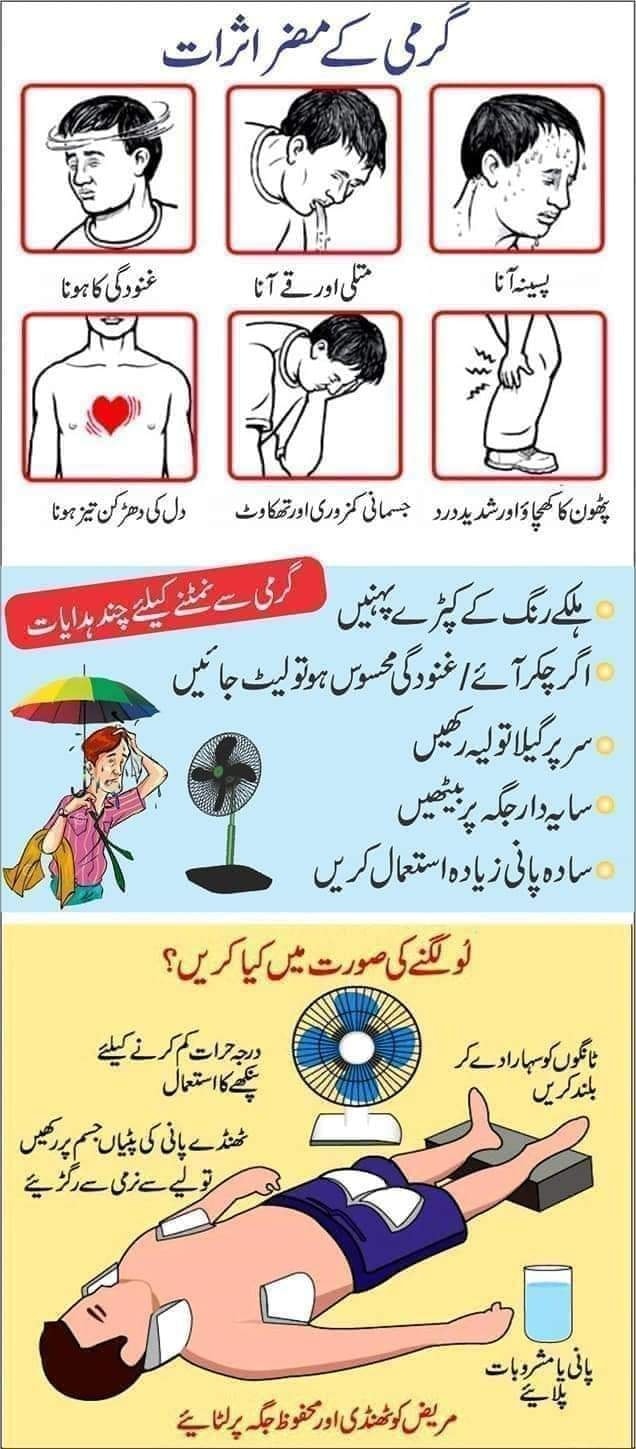From Nice to New Delhi, record-breaking heatwaves have struck multiple countries in recent months, with further high temperatures predicted in the coming days. Such extreme temperature events are predicted to occur more frequently as a result of climate change and can be extremely deadly. In 2010, for instance, a 44-day heatwave in the Russian Federation resulted in 56,000 excess deaths.
Exposure to high temperatures has wide-ranging effects on the body, often amplifying existing health problems, making older people and those with chronic conditions at particularly high risk – especially those in poor and marginalised communities who lack air conditioning and may have labour-intensive jobs that require them to work outside.
Babies and young children are also highly vulnerable, both because they sweat less than adults, which makes it harder for them to cool down, and their large surface area to volume ratio means their core heats up more quickly. Children also tend to run around outside more than adults and may lack the judgment to limit their exertion and drink more fluids during spells of hot weather. Athletes too, can be at risk if they over-exert themselves in hot weather and fail to stay hydrated.
